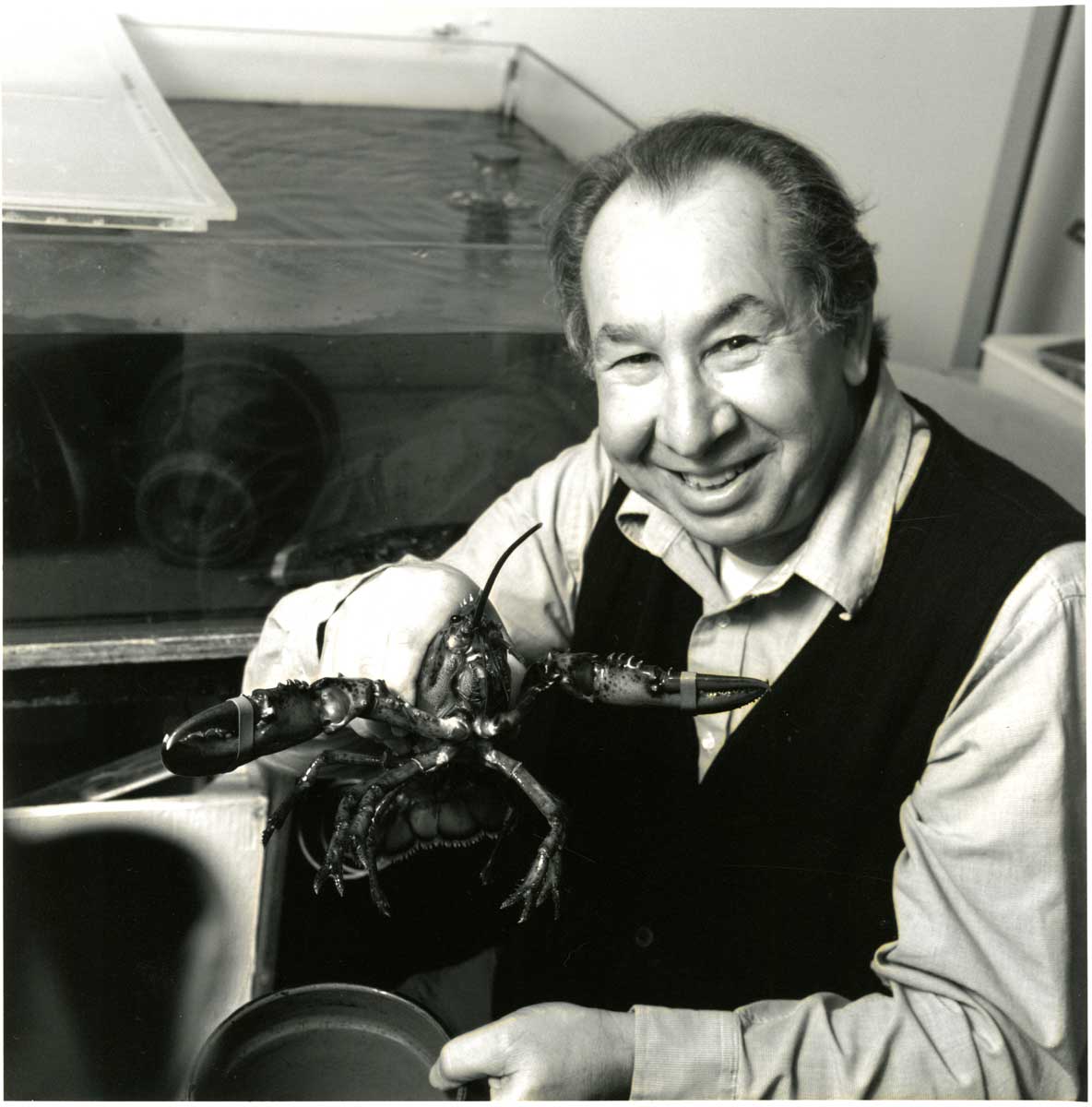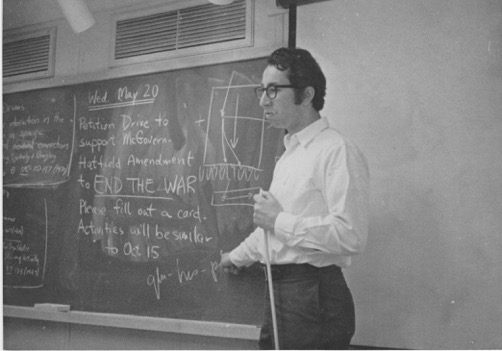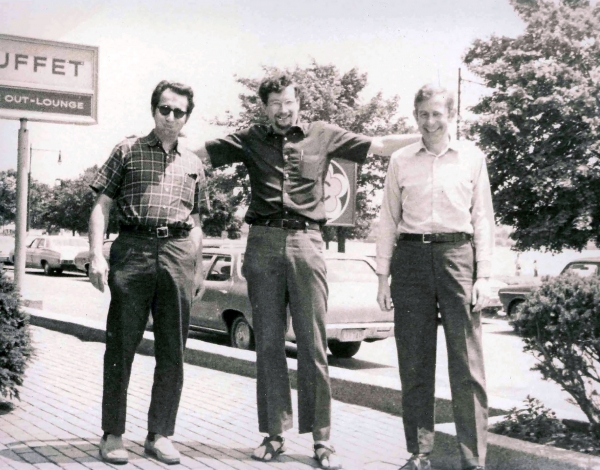George Packer Berry Professor of Neurobiology
Edward Kravitz was born in 1932 in New York City, NY. He grew up in the Bronx and attended the City College of New York. He earned his PhD in biological chemistry at the University of Michigan, and was recruited to Harvard Medical School by Steve Kuffler in 1960.
Dr. Kravitz was part of the inaugural Neurobiology Department at Harvard Medical School, and in addition to his research on GABA, neurotransmitters, and neuroethology, he has been an advocate for diversity and inclusion throughout his career.
Interview Transcript
"And what changed that was what was happening in the country. Two things happened in the 1960s that dominated the news every night and eventually dominated our lives, even though we were mainly at Harvard, faculty members, to teach and do research. And one was the Vietnam War. And the other was the start of what eventually became the civil rights movement." (21:15)
”The thing that tipped the balance was the Martin Luther King assassination. And that just... It was April 1968, April 4th, 1968.” (25:00)
”That surprised us, that the dean of Harvard Medical School could not take a public stand on something that we thought was so important to Harvard Medical School. In any event, Bob Ebert told us how to do that. The faculty meeting was three weeks away. And he said, “At the next faculty meeting, you have to get the support of every clinical and preclinical chairman at Harvard Medical School.” Well, I should say, when he said that, our hearts sank a little bit.” (29:03)
”We were the second item on the -- on the meeting. And we had put it together by having a very conservative group of faculty present our case -- who supported us. John Beckwith read the document that we had written out and gave a few reasons for why we put down 15 students, as roughly 10% of the class, as a targeted goal, not as a quota.” (34:13)
”Bob Ebert, with a big smile, came over to us and said, “What’s wrong with you guys?” He said, “Don’t you know you’ve won?” And we said, “What do you mean won? We lost! We didn’t get the vote! We didn’t get the number.”” (38:40)
”1929 to 1969, 40-year period, there were 30 minority graduates of Harvard Medical School. In the 40 years after that period of time, there have been 1,000 graduates. So we didn’t change the country. We didn’t change the world. But we did change Harvard Medical School. And by changing Harvard Medical School, we changed American medicine.” (40:00)
”If there’s a message that I want to send to young people by this story, it’s get involved. … It’s not an either-or situation. You can have a wonderful career. You can become a scientist, a doctor, a lawyer, whatever you want to become. But there are injustices. There are things that we’re fighting about now that we thought the fights had been decided 50 years ago.” (52:15)




